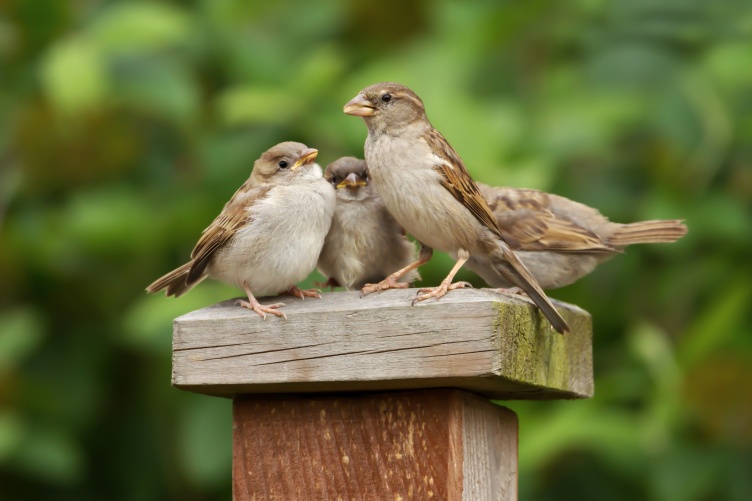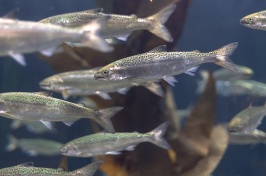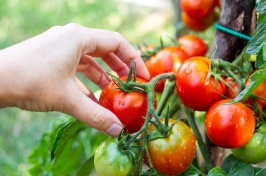NH Agricultural Experiment Station
Can Birds Spread Harmful Bacteria on Dairy Farms?
UNH scientist Andrea Ayala explores how small birds may spread bacteria on dairy farms, with potential consequences for both herd and human health. Read More-
12/10/25
Smarter Feed, Stronger Returns for New Hampshire Fish Farmers
Karolina Kwasek is researching ways to make fish nutrition better and more economical for the growing aquaculture industry. -
11/18/25
Can Science Keep Produce Fresh Longer?
UNH scientist Duoduo Wang researches the complex process of ripening to uncover ways to extend ripeness and reduce food waste. -
11/13/25
Sustaining Striped Bass
A study led by Adrienne Kovach pinpoints where the striped bass caught off the northeast coast originally came from. -
10/08/25
UNH and Stonyfield Organic Strengthen Partnership
The UNH Organic Dairy Research Farm entered into an agreement to sell all of its milk to Stonyfield Organic, further strengthening a long-term...
Recent Stories
-
09/16/25 - Securing New Hampshire’s Energy FutureUNH researcher Constantine Spandagos works to transform energy systems and help communities transition to modern, sustainable energy sources. Read More
-
09/09/25 - The Portsmouth Circle Farm: Samuel Whidden’s Enduring LegacySamuel Whidden's generous bequest of land has changed form, but it underlies UNH's current status as a leader in agriculture and forestry research and education. Read More
-
08/27/25 - (Buck)thorns in the Side of Northeast WoodlandsResearch identifies the six most problematic invasive woody species in Northeast woodlands and lays the groundwork for more coordinated management efforts. Read More
-
08/19/25 - Reducing Wildlife-Vehicle Collisions in New HampshireRem Moll is learning what factors create wildlife-vehicle collision "hotspots" and how to mitigate them to reduce collision frequency. Read More
-
07/29/25 - Building a More Resilient Food System in New HampshireUNH researchers study how regional consumers view the acquisition and consumption of local food with the goal of addressing obstacles and supporting regional food production. Read More
-
07/22/25 - Interdisciplinary Research Moving New Hampshire Agriculture and Forestry ForwardThe Collaborative Research Enhancement Team Exploration (CREATE) program supports multidisciplinary research to take on complex problems. Read More
-
07/15/25 - Seedless Table Grape Research Continues to Show Encouraging ResultsA seven-year UNH study reveals the seedless table grape varieties that are the best candidates for commercial growing in New Hampshire. Read More
-
06/24/25 - A Different Mindset for Farm Viability in New EnglandAnalena Bruce led a study to determine what makes a New England farm viable in today's economy, and her findings show that it goes far beyond food production. Read More
-
06/17/25 - New Hampshire’s House Environment and Agriculture Committee Visits UNHNH House Environment and Agriculture Committee members saw first-hand how UNH research farms support and advance the state's agricultural sector. Read More
-
05/29/25 - Small but Mighty: Precision Dairy Health Monitoring with Sensor TechnologyUNH's Claira Seely studies how to implement advanced sensor technologies on small New England dairy farms. Read More































































